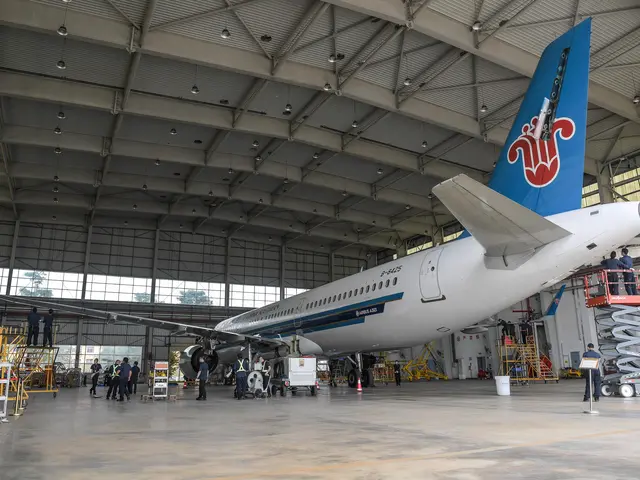As a pilot of China Southern Airlines, Zhai Chenfei's job usually involves communicating with airport towers, making in-flight announcements, taking control of the plane and delivering passengers safely to their destination.
But the coronavirus epidemic gave him a new role: carrying vegetables, steamed buns and self-heating hot pots for local residents.
On Jan. 23, Wuhan, capital of central China's Hubei Province, declared unprecedented traffic restrictions, including suspending the city's public transport and all outbound flights and trains. This meant that Zhai's flights were grounded.
"I couldn't fly planes, so I decided to do what I could to help people in Wuhan as a volunteer," said Zhai, 25. "I have a car, so I thought maybe I could transport materials for people."
The next day, Zhai saw many messages for help in WeChat chat groups, including people needing medical materials, and medics needing vehicles to get to and from work. Zhai then joined a local volunteer group created by his friend.
"While keeping safe myself, I thought it would mean a lot if I could do something to help the city recover, however small," he said.
Traffic restrictions meant it was difficult to transport materials, and Zhai's main job was to help transport a large number of donations. From late January to early February, his schedule was "even tighter than the flight schedule."
"I started out early in the morning and returned home late at night," he said. "I transported the materials and coordinated communication among different people."
During the busiest days, Zhai and his peers sent 50 tonnes of disinfectants, 20 tonnes of vegetables and 100,000 steamed buns, all within a day.
"It sometimes felt like flying a plane, one flight after another," he said. "The difference was, I was sending materials instead of passengers."
Within two months, Zhai was able to reach all major districts in Wuhan, with his car covering almost 5,000 km.
On Feb. 14, rain and snow battered Wuhan's empty streets. At around 10 p.m., trucks loaded with 18,000 self-heating hot pots arrived for local medical staff.
Zhai and his volunteer friends rushed in the rain to fetch the boxes of hot pots and braved the bitter cold to load them up.
"We were exhausted and just sat on the ground when we finished," he said. "Some drank water, and some dried their hair. But we knew that the materials would be sent to medics the next day, so it was worth it."
Zhai's team also held a birthday bash for a head nurse fighting at the front lines.
"We heard that it was her birthday, so we scoured the city to find a cake for her," Zhai said. "She was very happy and moved."
As the epidemic gradually came under control, some medics started to leave Wuhan. On March 17, Zhai and his peers helped send the medics to the airport, following police convoys.
In more than two months as a volunteer, Zhai recorded what happened in Wuhan every day through his camera, and uploaded the footage online as a documentary titled "Winter Goes, Spring Comes."
"What I did was nothing compared to many others fighting in the city," he said. "As a young pilot, I think I shoulder a lot of social responsibilities."
On April 8, after being put into lockdown for almost 11 weeks, Wuhan, the former epicenter of the novel coronavirus outbreak in China, finally reconnected with the rest of the world, as bans on outbound traffic were officially lifted.
Zhai also went back to his work.
"Wuhan is getting better, and it is time for us to get back on track," he said.
 简体中文
简体中文

